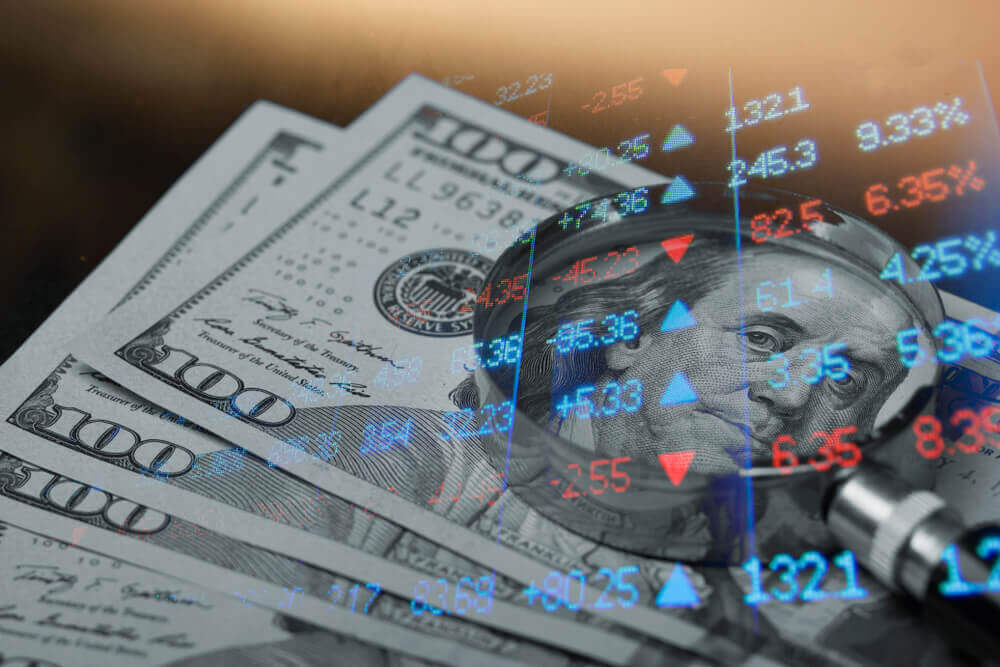Prices had overflowed in May behind a small decline in April. This boosted hopes that a current uptick in inflation would not last long.
Barkin stated the data, which initiated a U.S. bond market sell-off, encouraged him in a call with Federal Reserve chairman Jerome Powell to sustain a more significant interest rate increase than the one the Fed had all but vowed to announce days later.
As revealed by his public schedule for that Friday and Monday, Powell had one storm of talks with Fed rate-setters in the aftermath of the data, as the world’s most powerful central banker attempted to conclude months of deliberation about whether to take harder steps to manage inflation.
Within days, the Fed reported a 75 bps hike, its most significant single step in about 30 years and what was to become part of its most vertical rise in interest rates after the 1980s. It was the line for central banks worldwide to join a lapse of decades of cheap-money policies that would influence people’s economic fortunes worldwide.
Waiting on Congress
Central bankers, celebrated for rescuing the economy from the global financial crisis only a decade ago, now have their credibility on the line as they stumble to haggle with inflation not witnessed for decades.
From Washington to Frankfurt to Wellington, their theme is that more rate hikes are required, even if, as Powell stated, this would cause “some pain.” Higher prices of borrowing weigh on homeowners and compact company margins.
And their job should get more difficult next year—the challenge: deciding on how fast and how much further to go as economic pain deepens. Powell has already encountered criticism from both sides of the U.S. Congress.











